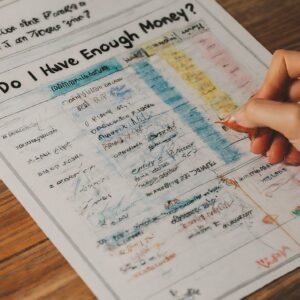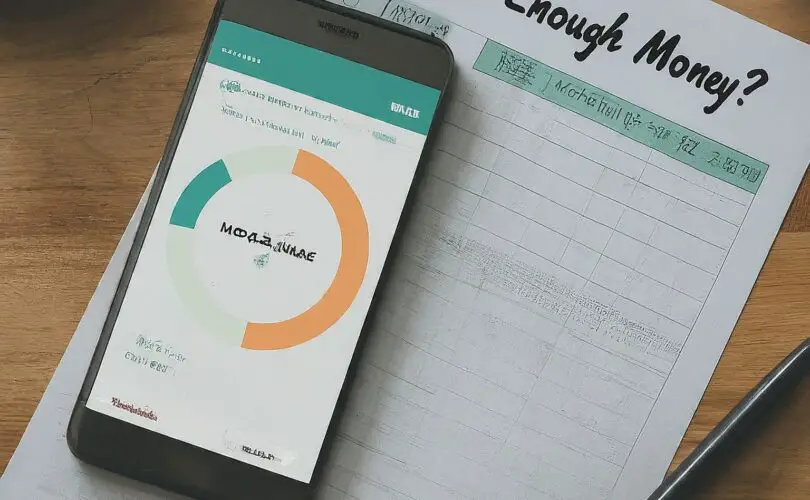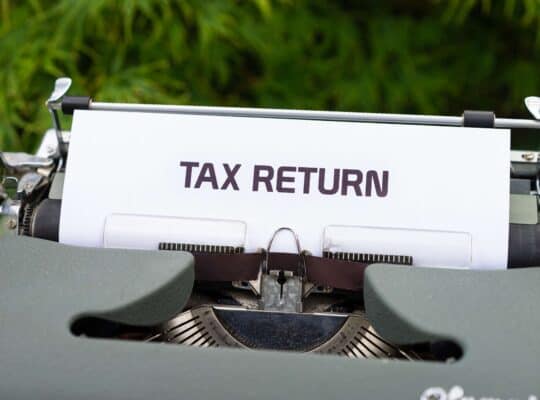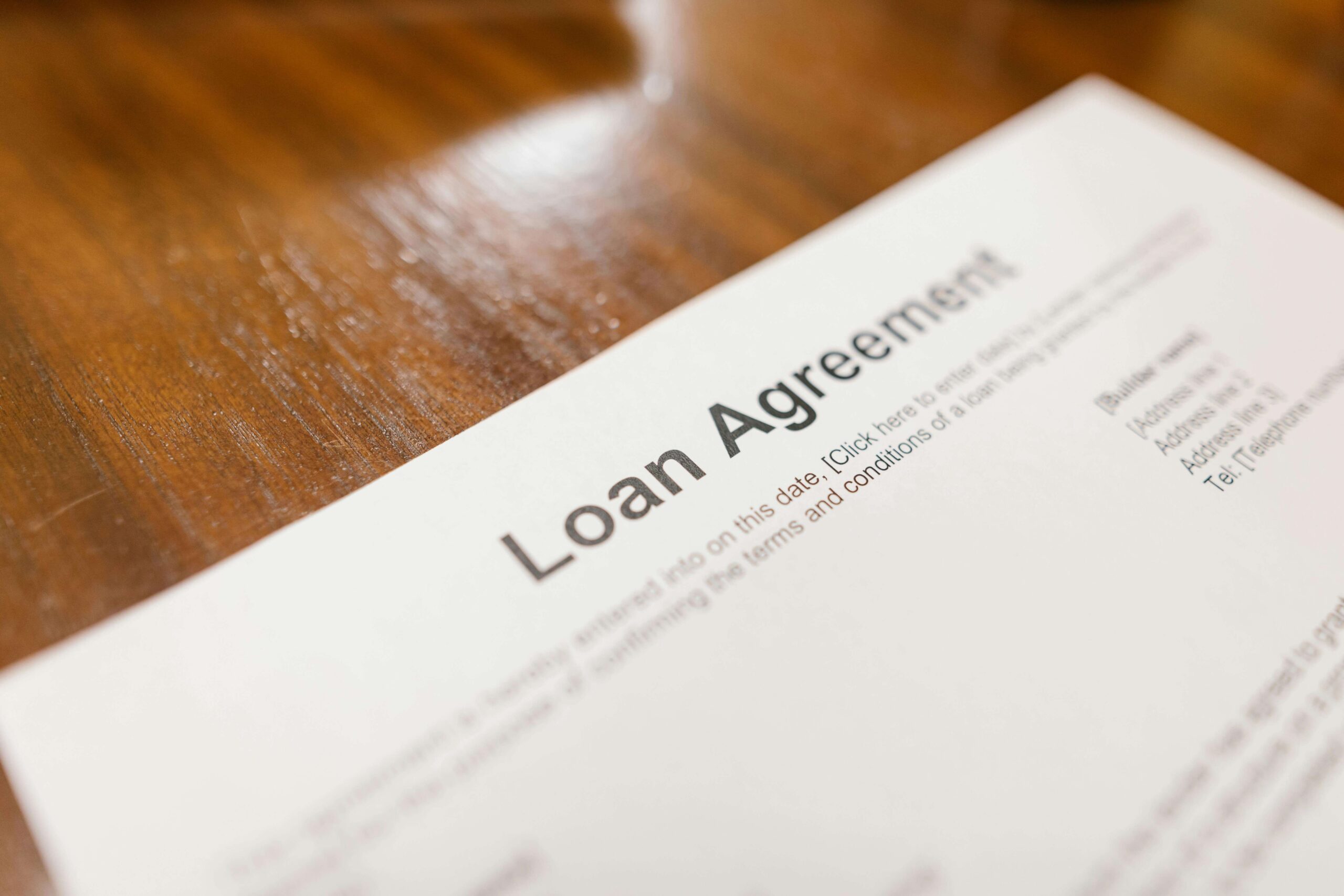Worrying/wondering if you have enough money leads to unnecessary stress. Although there are multiple approaches to get rid of the problem, there is a solution that works well and all-around – Do I Have Enough Money Worksheets. These worksheets serve as a practical tool in assisting people to assess their financial situation and determine whether or not they are on track to meeting their goals.
Despite coming in various formats and targeting different age groups, Do I Have Enough Money Worksheets have one general idea: practicing basic budgeting and money management skills.
Importance of Planning Your Finances
Financial planning helps you to attain financial security and peace of mind. Basically, it entails assessing your current financial situation, setting realistic goals, and creating a plan to achieve them same. In the absence of proper financial planning, you get to find yourself living paycheck to paycheck, struggling to pay off debt, or unable to save for the future.
Using Do I Have Enough Money Worksheets, you gain a better understanding of your financial health and make informed decisions about money. The worksheets enable you to track your income, expenses, savings, and debts in an organized manner. Due to this, it provides a clear overview of your financial situation.
Assessment of Financial Situation
Prior to determining if you have enough money, it is crucial to do an assessment of the current financial situation. This would entail taking a comprehensive look at your income, expenses, assets, and liabilities.
Begin by gathering all financial documents like bank statements, credit card bills, and loan statements. Take note of your monthly income and any additional sources of income you have.
List down all the expenses, including fixed expenses like rent/mortgage payments and utilities as well as variable expenses like groceries, entertainment, and transportation.

Once you get the full picture of your income and expenses, calculate your net worth by subtracting liabilities (debts) from the assets. This gives you an idea of your overall financial health and whether you are in a positive or negative net worth position.
Determination of Financial Goals
After doing an assessment of your current financial situation, you will need to determine your financial goals. This entails asking questions like:
- What are you striving to attain financially?
- Are you saving for a down payment on a house?
- Are you aiming to pay off your student loans?
- Are you planning for retirement?
Having clear financial goals is essential as it provides you with direction and motivation for your financial decisions. Take time to think about the short-term, medium-term, and long-term goals. Short-term goals could be saving for a vacation or paying off credit card debt while medium-term goals could include saving for a car or a child’s education. For long term goals, entail saving for retirement or building a substantial emergency fund.
Once you have identified your goals, write them down and assign a timeframe and estimated cost of each. Doing this will assist you accordingly in prioritizing and allocating your resources.
Understanding Income and Expenses
In order to determine if you have enough money, it is essential to have a clear understanding of your income and expenses. Income entails salary, wages, bonuses, and any other money that you receive on a regular basis. Expenses, on the other hand, consist of all the money you spend on various categories like housing, transportation, food, entertainment, and debt repayment.
Click Here to view Do I Have Enough Money Worksheets Template
Utilizing Do I Have Enough Money Worksheets, you get to track your income and expenses in a systematic manner. The sheets have separate sections to record income sources and expenses. This level of detail enables you to analyze your spending patterns and make necessary adjustments to align your expenses with the financial goals that you have.
Budget Creation
Creating a budget is an important step towards effective management of money. It also plays a role in making sure that you have enough to cover your expenses and save for the future.
To create a budget, you will have to list all your income sources and total all of them. Next, you will have to list essential expenses like rent/mortgage payments, utilities, groceries, transportation, and debt management. Subtracting the essential expenses from the income would give you a clear idea of how much discretionary income you have left for non-essential expenses and savings.
Related Article: Can You Go To Jail for Not Paying Your Electric Bill
After having a clear understanding of your income and expenses, allocate funds towards your financial goals. Put into consideration setting aside a portion of your income for savings, emergency funds, debt repayment, and investments.
Expense Tracking
As part of financial management, tracking expenses is a necessary undertaking. It allows the identification of areas of possible overspending and encourages making necessary adjustments.
Do I Have Enough Money Worksheets often include sections to track expenses on a monthly basis. This is attained by recording your expenses under different categories like housing, transportation, food, entertainment, and miscellaneous. Diligently keeping track of your expenses enables you to identify patterns and areas where you need to cut back.

Personal finance apps like Mint, YNAB, and Wally and business expense tracking software like Zoho Expense and QuickBooks assist in making expense tracking effortlessly. The tools, specifically the finance apps, allow you to link your bank accounts and credit cards, automatically categorize your expenses, and provide insights into your spending habits.
Strategies for Saving and Investments
Saving and investing, as a component of financial planning helps in building wealth, securing your future, and attaining financial goals. Do I Have Enough Money Worksheets to help in tracking savings and investments, hence making sure that you are on track to meeting your goals.
To do this, set aside a portion of your income for savings. Aim to build an emergency fund that covers at least three to six months of living expenses. The objective of the fund would be to provide a safety net in case of unexpected events like job loss or medical emergencies take place.
After establishing an emergency fund, consider investing your savings to generate higher returns. Some of the investment options that you can try include stocks, bonds, mutual funds, and real estate.
Remember that before you make any investment, you have to do a thorough research or consult a financial advisor.
Evaluation of Financial Progress
Regular evaluation of financial progress is important in ensuring that you are on track to meeting your goals. Do I Have Enough Money Worksheets provide a holistic view of your financial situation and enable you to assess your financial progress over time.
Set specific milestones and periodically review your financial situation. Do this either on a monthly, quarterly, or annual basis depending on your preference. Also, do a comparison of your actual income, expenses, savings, and debt reduction with your budgeted amounts in order to identify any gaps or areas for improvement.
If you find out that you are not making satisfactory progress towards your goals, consider making budgetary adjustments, increasing the saving rate, and/or seeking additional sources of income.
Undertaking regular evaluations and adjustments would help you to stay on track and make sure that you have enough money to meet the needs and goals that you have.
Conclusion
Do I Have Enough Money Worksheets is a tool that would help you to take control of your finances. Using it would enable you to gain confidence to make informed decisions regarding your financial future. They are a practical tool to assist you assess your financial situation, tracking your income and expenses, and determining whether you are on track to meeting your goals.








